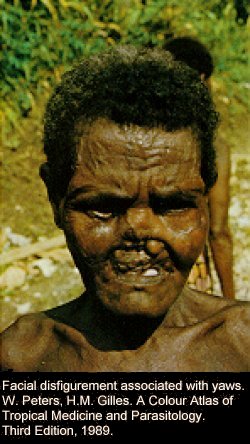It's best to keep them out of your blood stream. They are pretty innocuous in your mouth or in your alimentary and digestive tract. But if you have bleeding gums, you've opened a superhighway into your bloodstream direct to everything through the skin barrier. If all of your gums are bleeding, you have an open sore the size of the palm of your hand.
Your gums are a seal between your bones that stick out from your body (we call those bones "Teeth") and the nasty things in the outside world we don't want inside our gooey insides.
We have been testing patients for about ten years now. . . and about 15% of the patients we test have ZERO spirochetes (I am one of those as was my mother who lived to 96). Those people live to healthily into their real old age without developing the plaque related diseases of hardened arteries, heart disease, type 2 adult onset diabetes, Age related dementia, Alzheimers, etc. etc. etc. We do not have any clue as to why that minority of tested people seem to be immune to oral spirochetes. However, there is an even smaller minority that have NO bacteria in their mouths at all. Perfect teeth, no bacteria living in their mouths. Zip, nada, none. Those make up about half of one percent of the population. Very healthy people.
So the ideal, is maintaining the gums against whatever you have in your mouth. We do know that spirochetes attack the gums (one species causes a disease called Yaws). Yaws is caused by a spirochete called Treponema pallidum Pertenue, related to spirochete that causes syphilis, which is T. Pallidum Pallidum. The Tertiary and Quaternary stages of both diseases are almost indistinguishable from each other. But Yaws is caused by an Oral Spirochete.

Yaws afflicted Aftrican Man